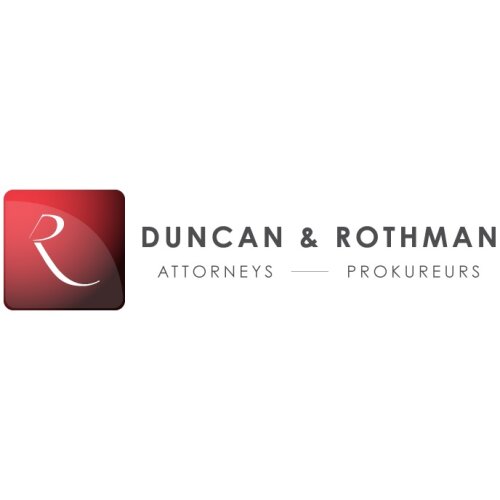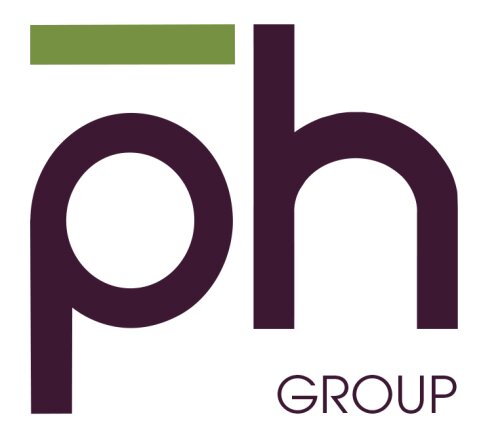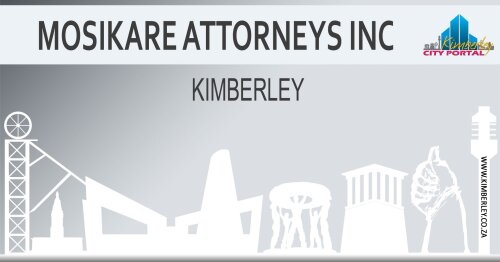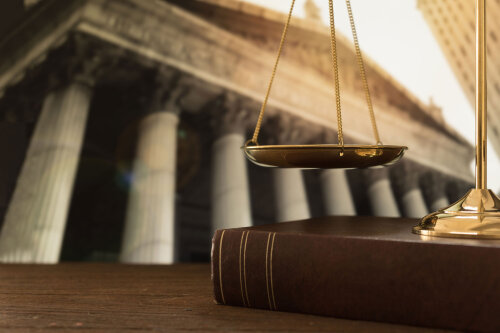Best Due Diligence Lawyers in Kimberley
Share your needs with us, get contacted by law firms.
Free. Takes 2 min.
List of the best lawyers in Kimberley, South Africa
About Due Diligence Law in Kimberley, South Africa:
Due Diligence law in Kimberley, South Africa is an integral part of the business, real estate, and financial sectors. The process involves comprehensive appraisals of businesses and individuals before entering into an agreement or contract with them. It checks the viability and credibility of business transactions to ensure there are no historical, financial, legal, or reputational discrepancies that may negatively influence a deal.
Why You May Need a Lawyer:
Engaging a lawyer is vital when going through due diligence processes mainly because they can help identify any legal risks and address potential problems at an early stage. Some circumstances that may necessitate hiring a due diligence lawyer include mergers and acquisitions, real estate transactions, financial transactions, and other business agreements. Legal professionals specializing in this field can advise you comprehensively to ensure a smooth, risk-free transaction.
Local Laws Overview:
There are no specific South African laws solely dedicated to due diligence. However, local laws, including the Companies Act and others pertaining to real estate and financial sectors, play a significant role in structuring due diligence processes. For instance, the Companies Act requires certain disclosures and protections during mergers and acquisitions, directly affecting due diligence in those transactions. Overall, local laws encourage transparency, proper record-keeping, and disclosure of pertinent information.
Frequently Asked Questions:
What is the main aim of Due Diligence?
The central purpose of due diligence is to minimize business risks by uncovering potential issues or discrepancies associated with a transaction before it is finalized.
Does Due Diligence only apply to businesses?
No, while it's common in business transactions, due diligence can also apply to various individual transactions, such as property purchases.
How long does the Due Diligence process take?
The duration of due diligence can vary widely depending on the complexity and size of the transaction. It can range from a few weeks to several months.
What documents are needed for Due Diligence?
The documents required can vary, but typically include financial records, business plans, legal documentation, operational procedures, and any relevant contracts or agreements.
What happens if discrepancies or issues are found during Due Diligence?
If issues are uncovered during due diligence, it can lead to renegotiation of terms, or in some cases, termination of the transaction altogether.
Additional Resources:
Professional bodies such as The Law Society of South Africa and the South African Institute of Chartered Accountants can offer assistance. Government bodies like the South African Revenue Service and the Companies and Intellectual Property Commission may also provide essential information and resources related to due diligence.
Next Steps:
If you require legal advice or assistance with due diligence, consider contacting a legal professional with experience in this area. Ensure that you have all necessary documentation in order, and be prepared to work closely with your lawyer during the process. It's critical also to understand your legal obligations relevant to your situation.
Lawzana helps you find the best lawyers and law firms in Kimberley through a curated and pre-screened list of qualified legal professionals. Our platform offers rankings and detailed profiles of attorneys and law firms, allowing you to compare based on practice areas, including Due Diligence, experience, and client feedback.
Each profile includes a description of the firm's areas of practice, client reviews, team members and partners, year of establishment, spoken languages, office locations, contact information, social media presence, and any published articles or resources. Most firms on our platform speak English and are experienced in both local and international legal matters.
Get a quote from top-rated law firms in Kimberley, South Africa — quickly, securely, and without unnecessary hassle.
Disclaimer:
The information provided on this page is for general informational purposes only and does not constitute legal advice. While we strive to ensure the accuracy and relevance of the content, legal information may change over time, and interpretations of the law can vary. You should always consult with a qualified legal professional for advice specific to your situation.
We disclaim all liability for actions taken or not taken based on the content of this page. If you believe any information is incorrect or outdated, please contact us, and we will review and update it where appropriate.













